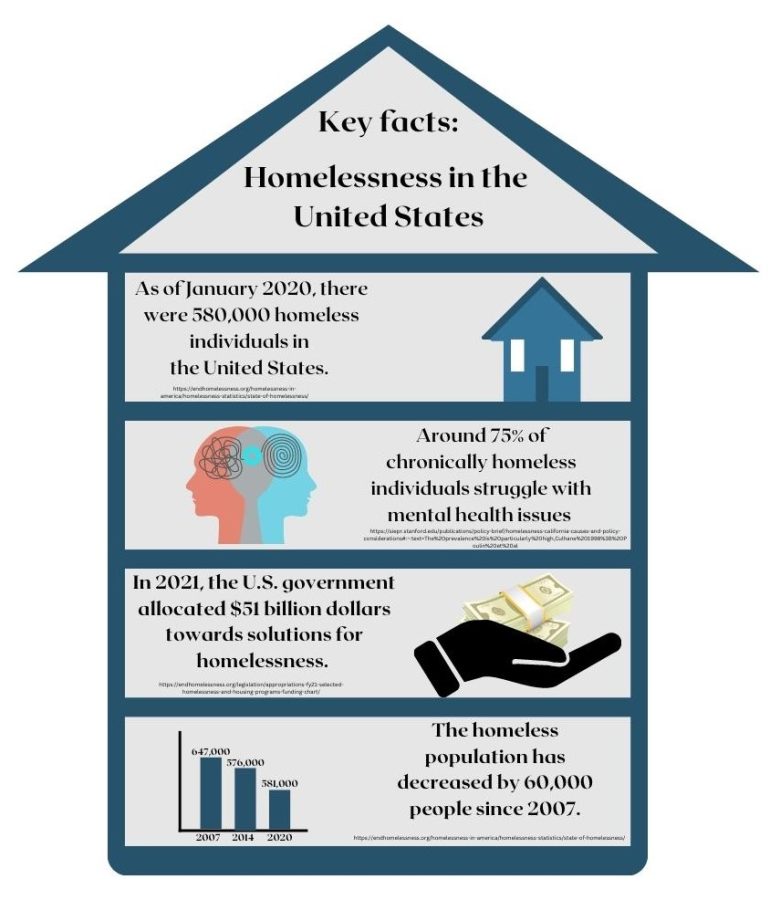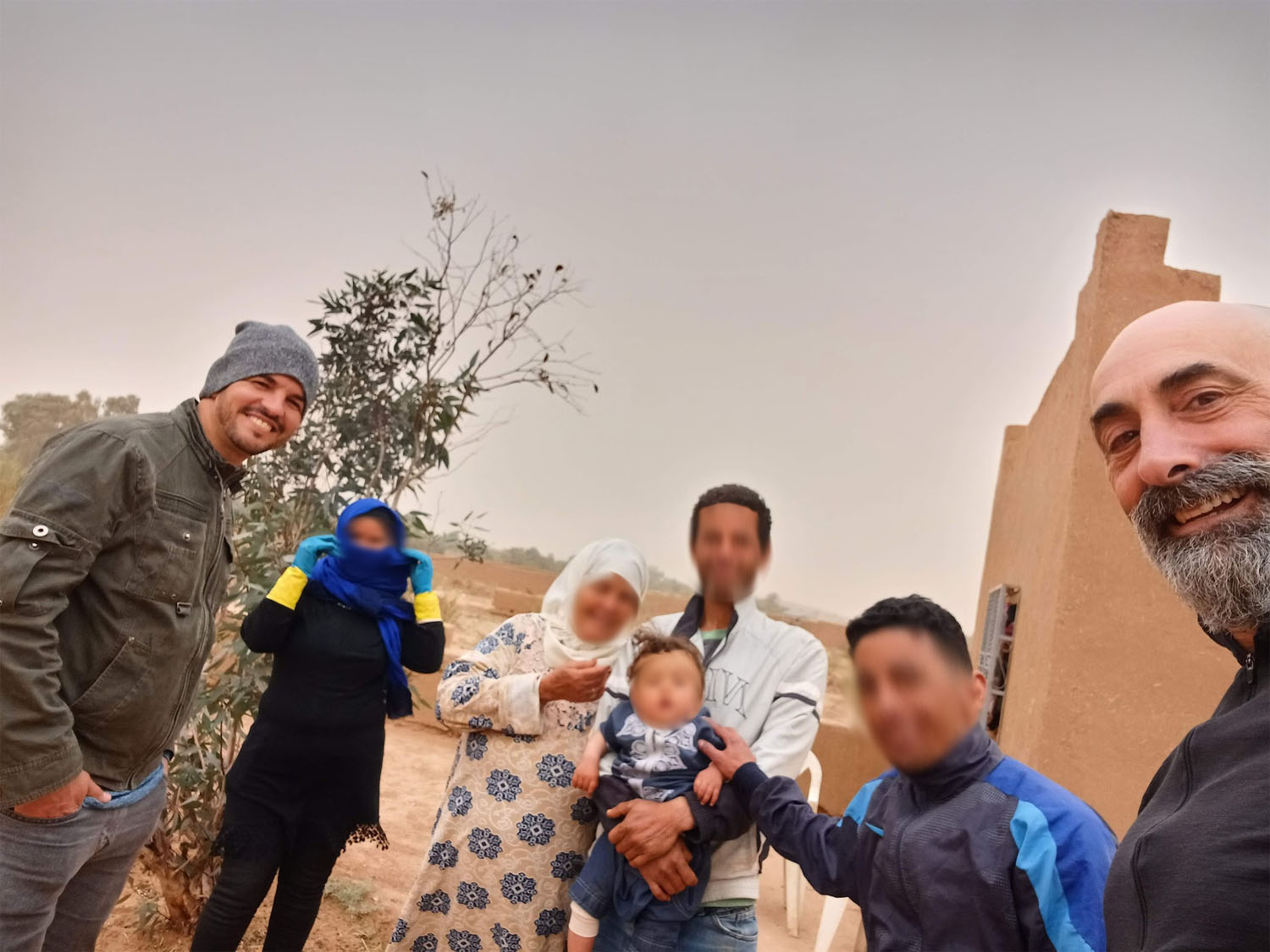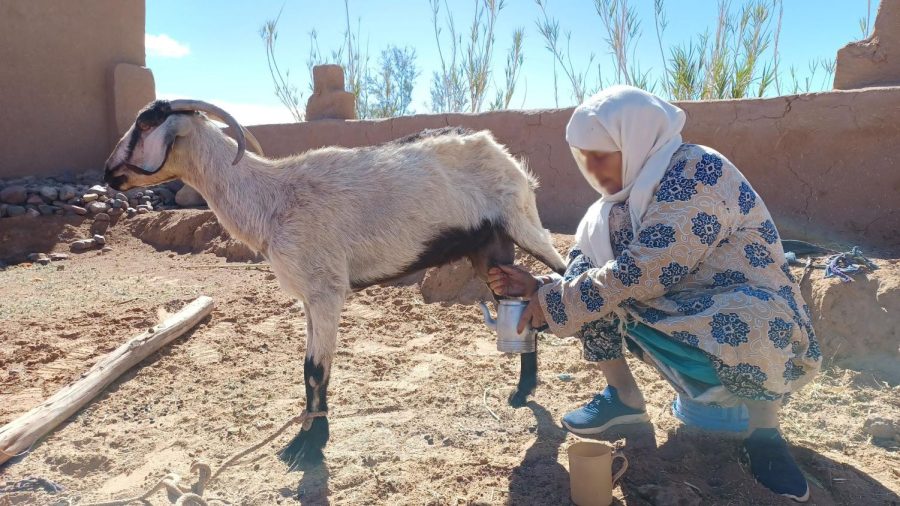For some people, the occasional stumble in life is merely a bump in the road or an obstacle that needs to be overcome. For others, it is a course-changing event that forces them to reconstruct their life from the ground up. Often, the stresses of recouping from a tragic personal or financial event can be overwhelming. And when the burden becomes too great to bear, and a person can no longer support themselves or their family, humanitarian workers step in.
Humanitarian workers help by providing aid and assistance to those who need it most. They may work in areas of catastrophe, providing relief to victims of natural disasters or conflict. Many organizations work in refugee camps, helping to provide basic necessities and support to those who have been forced to flee their homes due to conflict or persecution. Humanitarian workers also provide assistance to communities affected by poverty or disease. By helping those in need, humanitarian workers make a vital contribution to the world.
There are many reasons why people choose to work in the humanitarian field. For Negeen Farmand, a physician’s assistant at Saban Clinic in Los Angeles, California, it is a calling to help those in need, regardless of who they are or where they come from.
“I always knew I wanted to work with an underserved community,” Farmand said.
Working in communities with dense homeless populations who often don’t have access to adequate medical care, Farmand recognized the struggle many of her patients went through to receive healthcare.
“Some people don’t even want medical care because they feel that they don’t need it or they’ve had really bad experiences with previous physicians,” Farmand said. “They have been judged severely, or even treated like animals.”
Despite this, Farmand strives to give the best care she can to anyone who needs it by not only treating physical wounds, but by building trust with her patients.
“The most important thing when approaching a patient is to establish a rapport, and help educate them on what you’re doing,” Farmand said. “A lot of the time, it’s difficult to get patients to trust you, especially because of the way they’ve been treated in the past.”

The gesture of non-judgemental treatment and help is widespread among humanitarian organizations, especially those working with the homeless. This includes large organizations, like Saban Clinic, and also smaller organizations, such as Street Life Ministries.
Street Life Ministries is a faith-based organization that provides free meals, clothing, and necessities to the homeless population of the San Francisco Bay Area. Some of its staff were formerly homeless, including Executive Director David Shearin.
Being formerly homeless, Shearin has a deep insight into what the people he helps are going through.
“I have 17 years of recovery,” Shearin said, “I ran away from my problems for years, and struggled with addiction.”
Shearin noted that over 90% of the homeless Street Life Ministries served were battling substance abuse, which made it difficult for them to break out of the self-destructive cycle of addiction.
“I feel like every day I get to give back to the community,” Shearin said, “I know how out of control my life was, and I get to help people break out of the cycle that I used to be stuck in.”
Street Life Ministries works to rehabilitate those struggling with addiction, and give them an opportunity to rejoin the community.
“A success for us looks like someone who overcame their addiction, and begins the process of rebuilding their lives.” Shearin said. “I’m grateful that their lives are changed, and that they never have to be homeless again.”
Helping the homeless is just one issue that humanitarians address. While some organizations work locally, others send people across the world.
John Becker, an activist and advocate for underprivileged people in European and African countries, travels worldwide to help people in need set up small businesses to become financially stable.
While the United States is the single largest provider of monetary humanitarian aid in the world, it doesn’t delegate the human resources to send people to every ailing country that needs help. Because of this, much of the grant money sent to third-world countries by the U.S. government struggles to find its way into the communities that need it most, as it is soaked up by more pressing issues such as infrastructure and boosting the economy. However, organizations, including the one that Becker works for are looking to change that.
Elevate, one of the organizations Becker works for, directly distributes goods from Africa to worldwide consumers, bringing products to a larger market where they are more easily sold. The tribes that benefit from these sales would not have been able to set up the business chain without the help of Becker and his team.
Becker intertwines his skills and his faith. “As a follower, it’s important for me to make the world in the true vision of my faith,” Becker said.
Through working with churches in different African countries, Becker and the organizations he works for can access largely unhelped populations, making a connection through faith. “We aim to spread not only hope but also belief and faith,” Becker said. “But our main goal is just to help people who need it.”
The solution to problems addressed by humanitarians is never easy, but humanitarian workers are committed to helping those who are affected. They provide relief and assistance in times of need and work to protect people from further harm. By doing this, they hope to make a difference in the lives of those they serve.
Despite challenges and setbacks, Farmand sees the value in her work and has no plans on stopping, “The people I work with, they’re some of the kindest people I’ve ever met,” Farmand said. “Sure, things go wrong from time to time, but I just have to see things positively, and I try not to bring things home with me emotionally.”
Becker has a similar viewpoint.
“Seeing that what we do makes a difference to people’s physical, emotional, and spiritual lives, that keeps me going,” Becker said. “Whenever we face adversity, I remember all the good we’ve done for these communities.”
Shearin explains how the successes make the effort worth it.
“Whenever I feel beat up after a bad day, we’ll suddenly have a miracle happen, like someone changes their life after years of being on the streets, and that’s the reason I’m here, for those moments,” Shearin said.
Humanitarians provide a vital service to society by assisting those who may need extra help getting back on their feet. By no means is their job easy, but the reward of seeing someone change for the better after receiving help is an unmatched victory. Through dedication, kindness, and hard work, these heroes make the world a better place, one life at a time.




